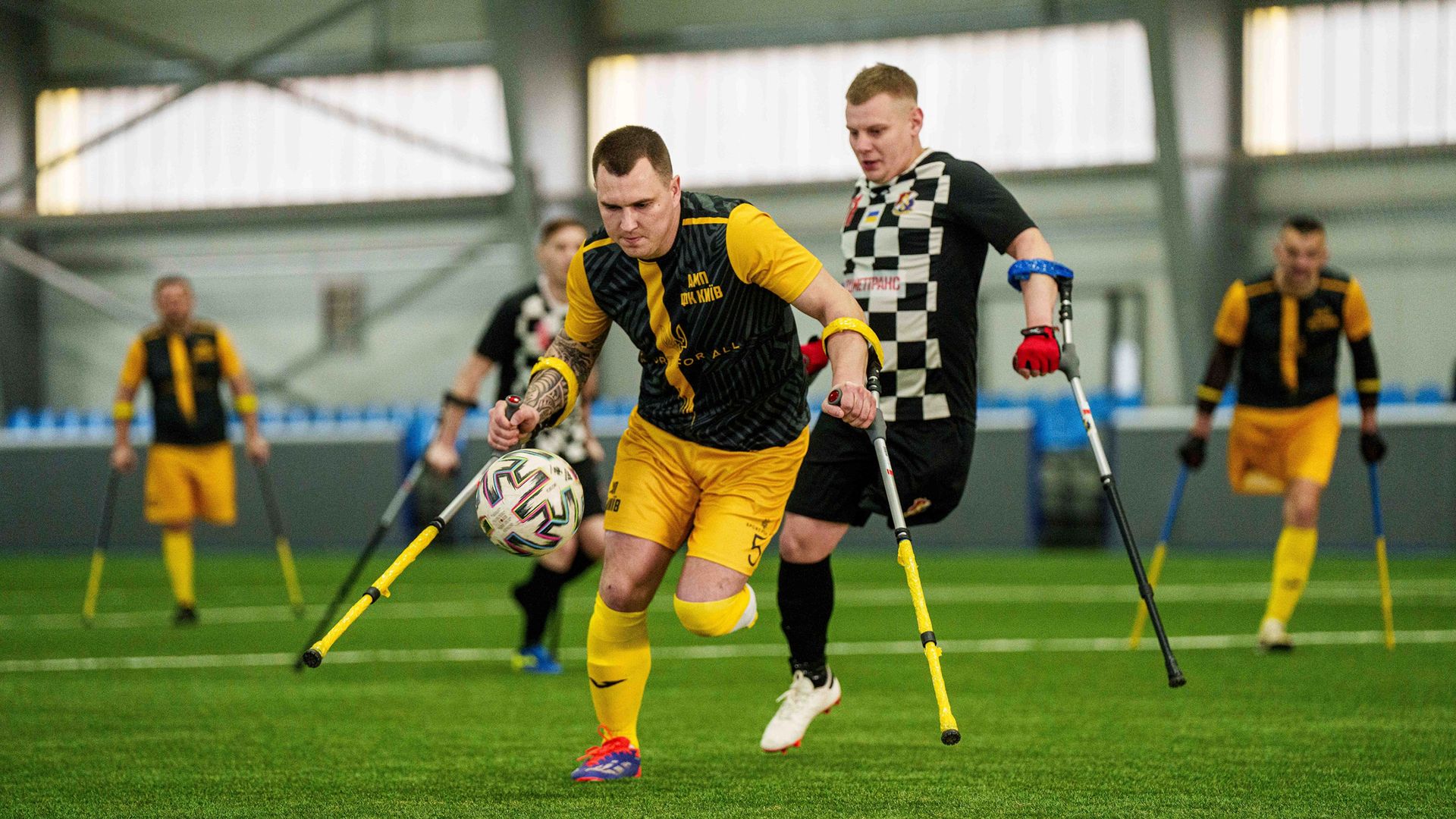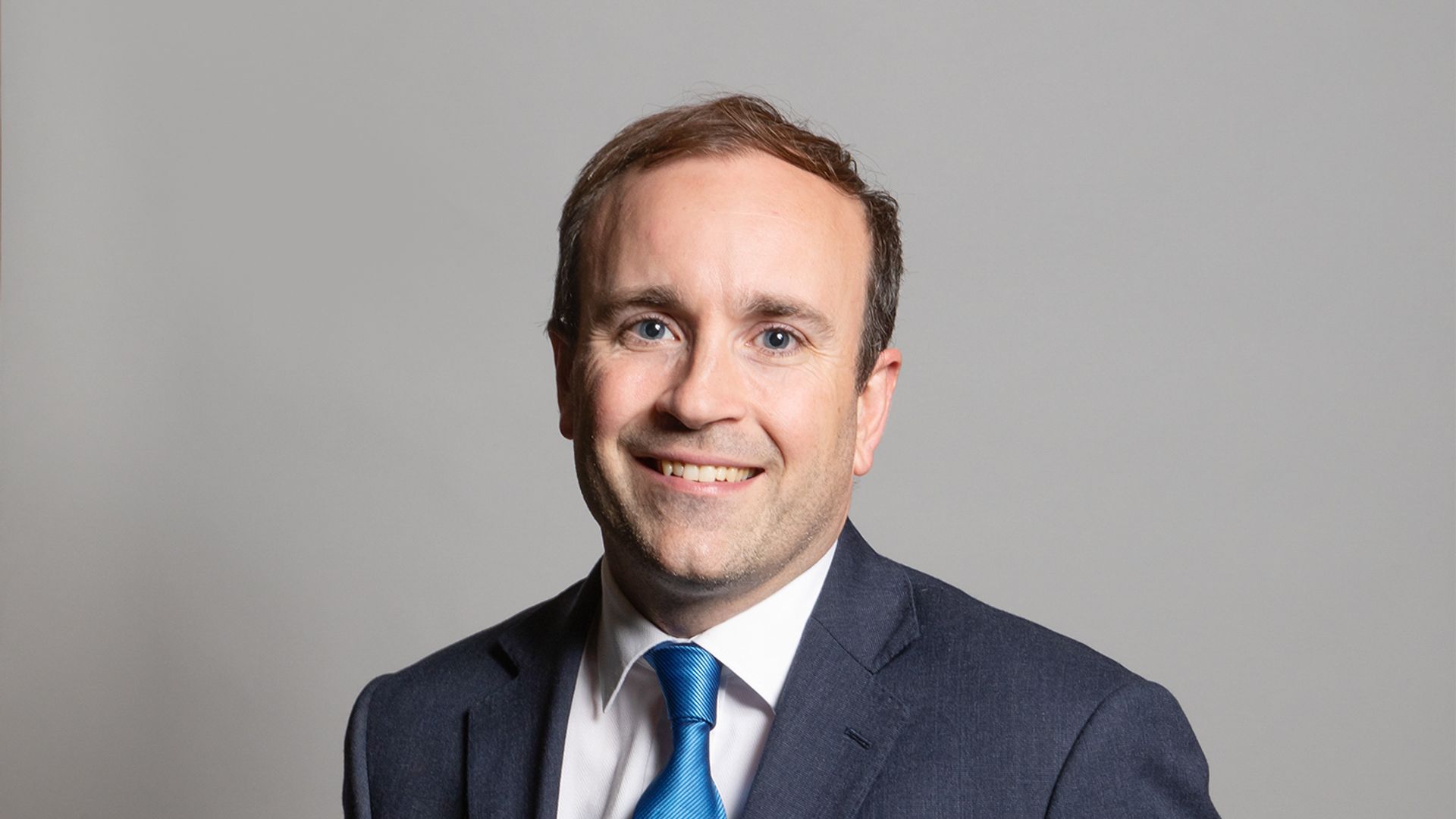Ukraine has held its first amputee football tournament, with teams made up of players chosen from among the thousands of Ukrainians who have lost limbs in the war with Russia.
The League Of The Mighty, which took place at a stadium in Kyiv at the weekend, featured six outfield players and one goalkeeper on each of the five competing teams.
The outfield players were lower-limb amputees, while the ‘keepers were chosen from those who had lost an upper limb or part of one.
Russia ‘ready to discuss guarantees’ – latest
All played without prosthetics, using crutches instead.
Valentyn Osovskyi, captain of the winning Pokrova AMP team, said the goal is to set up a championship and a team strong enough to represent Ukraine at international level.
“Football is the best rehabilitation for me,” said Mykola Gatala, skipper of the Pokrova AMP-One team.
Volodymyr Zelenskyy offers captured North Korean soldiers for Ukrainians held by Russia
Boris Johnson brands Vladimir Putin a ‘f****** idiot’ over alleged imperial ambitions
A new world order? Why there is method in Trump’s ramblings – and the UK needs to work with him
“It has helped me both physically and mentally. I’m doing it with my brothers in arms who went through the same things I did. We understand each other.”
Andriy Shevchenko, the legendary former Ukraine striker and current president of the country’s football association, said amputee football “will be a priority for the next few years for us”.
There are more than 100,000 amputees in the country, he said, most of them “soldiers who defended our country.”
Read more:
Ukraine offers prisoner swap
Putin a ‘****ing idiot’ – Johnson
Zelenskyy offers firefighters to LA
Keep up with all the latest news from the UK and around the world by following Sky News
His adviser, Olena Balbek, said the sport offers mental and physical rehabilitation for amputees and helps normalise their growing presence in Ukrainian society.
She added: “It is a societal effort. We’re focusing on sports because it’s our area of expertise, to make sure this [being an amputee] is normalised.”






